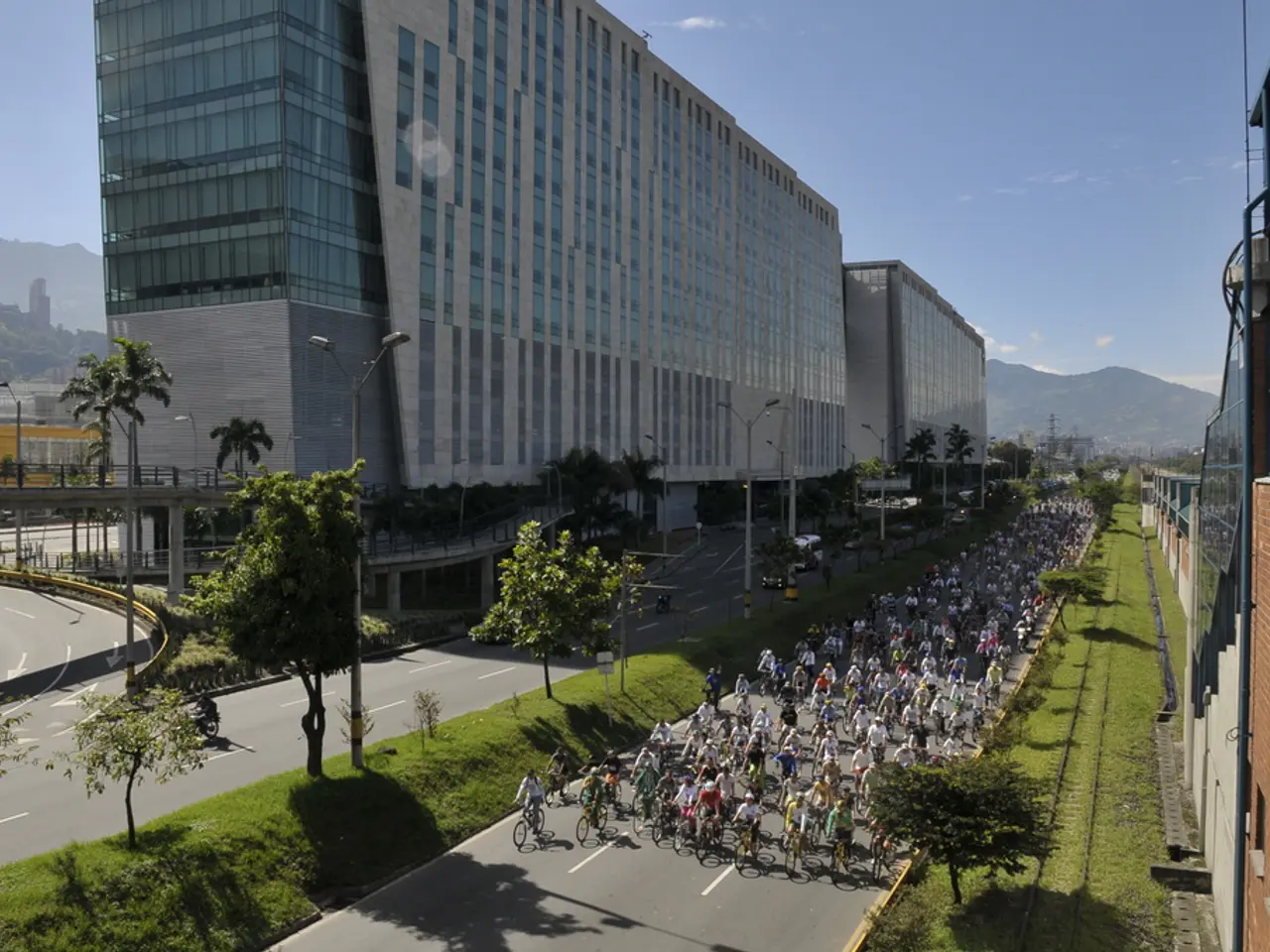Municipalities face significant variations in costs associated with waste and wastewater management
Variations in Sewage and Waste Disposal Charges Across North Rhine-Westphalia
In North Rhine-Westphalia (NRW), sewage and waste disposal charges for residents vary significantly, with factors such as local infrastructure costs, treatment technologies, population density, environmental policies, and municipal investments playing crucial roles.
Infrastructure and Technology Differences
Municipalities with modernized sewage treatment plants or advanced waste-to-energy facilities incur higher operating costs, which can translate into higher disposal fees for residents. NRW has invested variably in technologies like anaerobic digestion and thermal waste treatment, affecting charges.
Local Environmental Policies and EU Directives
Compliance with EU waste regulations, such as the EU Waste Framework Directive, influences municipal strategies. Areas prioritizing diversion from landfills towards incineration or recycling might have higher gate fees to fund these initiatives.
Population Density and Waste Volume
Densely populated municipalities generate more waste, leading to economies of scale that can lower per-unit disposal costs. Conversely, smaller or rural municipalities might face higher fees due to lower waste volumes and cost recovery challenges.
Regional Economic Factors
Differences in labor costs, land prices, and municipal budgeting priorities also drive variation in charges.
Cost Allocation and Charging Structures
Some municipalities bundle sewage and waste disposal fees together, while others separate them. The calculation bases can include volume of water consumed, waste produced, or a flat rate, affecting variability.
The Federation of Taxpayers NRW (BdSt) has reported that the practice of municipalities calculating depreciation of sewage pipe systems using the replacement value instead of the lower purchase value is still common, with 55% of municipalities having adopted this practice in 2025.
The general increase in sewage charges is attributed to cost increases at water utilities, new technical and legal requirements, and higher personnel costs due to collective wage agreements in the public sector. Key contributors include cost increases for districts and disposal companies, new legal requirements such as the Bio-waste Ordinance, and the CO2 pricing for waste incineration plants.
Interestingly, the amount of wastewater is calculated by municipalities based on fresh water consumption. Those who use a lot of water in their garden can claim this from the municipality. Many municipalities simply allow the factual profits they generate through sewage charges to flow into their general budget, a practice known as "tucking away."
Consumers can control their fees by taking advantage of discounts offered by municipalities for green roofs or driveways with grass grid stones. Additionally, more and more municipalities are offering choices in bin size, with 304 municipalities now offering an 80-liter bin, up from 295 last year, and 190 municipalities now offering smaller 60-liter bins, up from 187 last year.
The Association of German Chambers of Industry and Commerce (DIHK) has assumed a model household for waste disposal: Four people with a 120-liter residual waste bin and a 120-liter organic waste bin, emptied every 14 days.
Despite these increases, it's essential for residents to stay informed about their local charges and seek opportunities for cost savings where possible.
- Despite North Rhine-Westphalia's focus on variations in sewage and waste disposal charges, unexpected factorslike water consumption for gardening or the choice of bin size can affect a resident's fees.
- In addition to the influences of technology, population density, and environmental policies, the choice to participate in green initiatives, such as installing green roofs or using grass grid stones for driveways, can potentially reduce residents' waste disposal fees in North Rhine-Westphalia.







